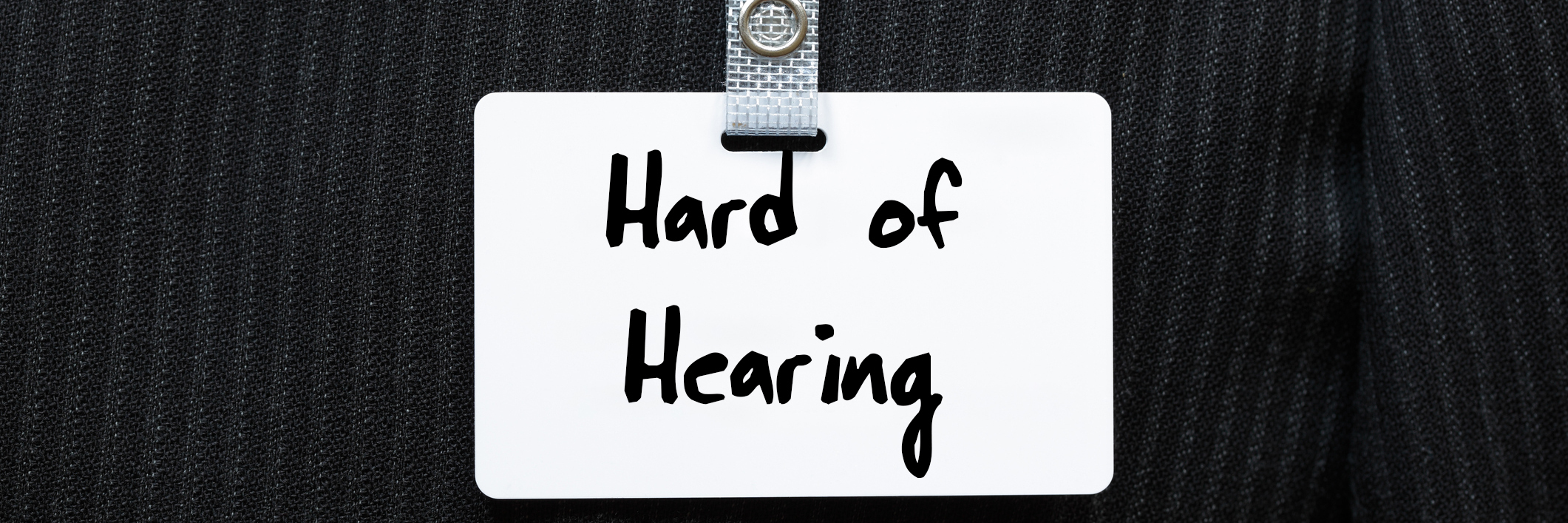In my job, I am responsible for identifying and discussing disabilities in school children. In my personal life, I make it a point to name and discuss my disability when the occasion or need arises.
As policy at my job, a student’s disability is “confidential.” I understand why this policy is in place. Parents and students — especially those acclimating to a new eligibility — can be extra-sensitive to discussing it. Out of concern for their child’s well-being, parents may be reluctant to “give it a name” so to speak. They fear their child being “labeled.” Naming it makes it more real, more permanent and more open to negative connotations brought on not necessarily by the disability itself, but by other people’s reactions based on misinformation, misinterpretation and fear.
I understand. I do. As difficult as it can be though, I advocate for personal knowledge and discussion. I think it is only right that the person with a disability has a name for the symptoms they experience. You cannot “hide” the disability from the person experiencing it, no matter what the name. The “label” can answer so many questions about what is going on with the person’s own body and mind.
Knowledge — accurate knowledge — creates ownership. One of the best things I experienced was talking about my disability when I was as young as 8 years old. I stood in front of other 8-year-olds and said I was born with things like “Goldenhar syndrome” and “Hydrocephalus due to aqueductal stenosis.” Was I a young Einstein? No. Did I actually understand what any of those terms meant with any medical specificity? Not really. But without those words, my teachers could think of me as “lazy” when I didn’t follow directions — when in actuality I didn’t hear them. My peers could think of me as weird and at fault because I didn’t speak like they did or move like them. Why should they include me if I wouldn’t conform?
Talking about it helped give me the words to advocate for myself when it came to my disability needs. I could correct the bullies not by giving them back the hate and fear they were giving me, but by granting them the words to make my disability comprehensible to them and part of their experience. My label also made it possible for me to ask for what I needed to learn or function with my teachers and other adults.
Labels can help people without disabilities as well. We humans by nature categorize as a way to determine how to act. I have a hearing impairment. I often don’t hear people when they are on my right side, as I have unilateral hearing. When strangers don’t know that, they may treat me as negatively as any other person who might “ignore” them, or just walk away insulted. These acts devalue me as a human being. Conversely, if they know I have a hearing impairment, they have a number of constructive options. They can position themselves on my “good side” before they speak to me. They can tap my shoulder to get my attention. These options show me I am respected.
In each of these scenarios, I am labeled. In the first scenario I am labeled “rude” and rejected. Both of us miss out on making a connection. We miss sharing our personalities and strengths because of a lack of knowledge on their part. But that is not their fault. It is mine. Often when I see people turn away from me like that, whether I realize why or not, I end up thinking “their loss” and am offended as well. They blame me for being rude when I wasn’t, and I blame them for acting unfairly even though they do not know about my disability.
In the second scenario, I am labeled “hard of hearing” and accommodated with understanding. We communicate effectively and share a mutual respect based on equity. Once we do that, we can move past my disability and share common interests and individual strengths — and even flaws. The second scenario requires both of us to stretch a little beyond what may commonly be our “comfort zone.” I have to understand that other people may not have the same experiences as I do. With that experience comes specific vocabulary. I have to give them the appropriate words to describe who I really am based on my experiences. They have to accept those words and understand them as a positive experience, potentially altering the world view they may have had before our encounter.
Words are one of our smallest forms of communication. Yet they have a lot of power. Words describe and categorize our world and experience. In and of themselves, words are neutral, objective. However, we have the power to impart meaning on words. We have the power to use our words for good — to unite, to create understanding, to make positive connections. The labels we use as people with disabilities are powerful. Sharing labels, using them with nondisabled people can create connections, understanding and respect. Not using them can create fear, misunderstandings and division.
It is up to each of us — disabled and nondisabled — to choose to use our words to empower or devalue. Which do you choose?
We want to hear your story. Become a Mighty contributor here.

